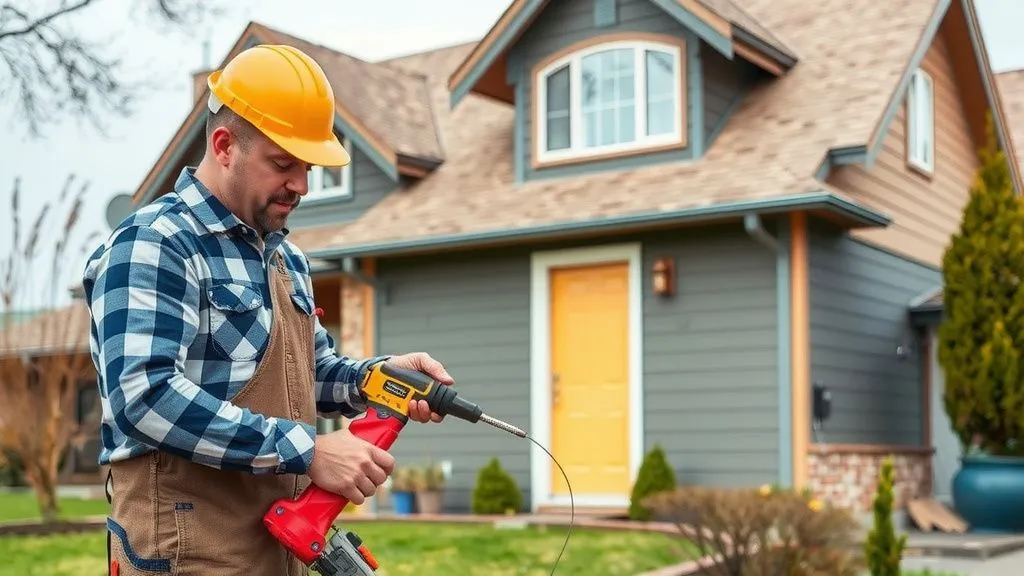Why Aren't Your Savings Growing? The Truth
Do you find yourself wondering why your savings aren't growing as quickly as you'd like? You're not alone. Many people struggle to see their savings grow consistently over time, and it can be frustrating. In this article, we'll explore some of the reasons why your savings might not be growing as expected and provide some practical tips to help you turn things around.
The Importance of Saving
Saving money is an essential part of financial stability and achieving your long-term goals. Whether you're saving for a down payment on a house, retirement, or an emergency fund, having a healthy savings account provides security and peace of mind. However, it's not always easy to save consistently.
Common Reasons Your Savings Aren't Growing
Lack of Budgeting
One of the main reasons people struggle to grow their savings is a lack of budgeting. Without a clear understanding of your income and expenses, it's challenging to allocate money towards savings effectively. Creating a budget allows you to identify areas where you can cut back on spending and increase your savings rate.
High Expenses
If your expenses are consistently higher than your income, it's no surprise that your savings aren't growing. Take a closer look at your spending habits and identify areas where you can make cuts. This might involve reducing discretionary expenses like eating out or finding ways to save on essentials like groceries or utilities.
No Clear Savings Goals
Without specific savings goals in mind, it's easy for your savings to stagnate. Setting clear objectives helps motivate you to save and gives you something to work towards. Whether it's saving for a vacation, paying off debt, or building an emergency fund, having goals keeps you focused on growing your savings consistently.
Tips for Growing Your Savings
- Create a Realistic Budget: Start by tracking your expenses and creating a budget that aligns with your financial goals. Be honest with yourself about what you can afford and prioritize saving.
- Automate Your Savings: Set up automatic transfers from your checking account to your savings account each month. This ensures that saving becomes a habit and reduces the temptation to spend the money elsewhere.
- Reduce Expenses: Look for areas where you can cut back on spending. This might involve negotiating lower bills, shopping around for better deals, or finding ways to save on everyday expenses.
- Increase Your Income: Consider ways to increase your income, such as taking on a side gig or asking for a raise at work. The extra money can be directly allocated towards your savings goals.
- Invest Wisely: If you have long-term savings goals, consider investing some of your money in assets like stocks or mutual funds. While there are risks involved, investing can help grow your savings more quickly over time.
The Bottom Line
Growing your savings requires discipline, patience, and a clear plan. By addressing common issues like budgeting, high expenses, and lack of clear goals, you can start to see your savings grow consistently. Remember that small changes can make a big difference over time, so don't get discouraged if progress is slow at first. Stay focused on your goals and keep working towards them diligently.
"The habit of saving is itself an education; it fosters every virtue, teaches self-denial, cultivates the sense of order, trains to forethought and so broadens the mind." - T.T. Munger


